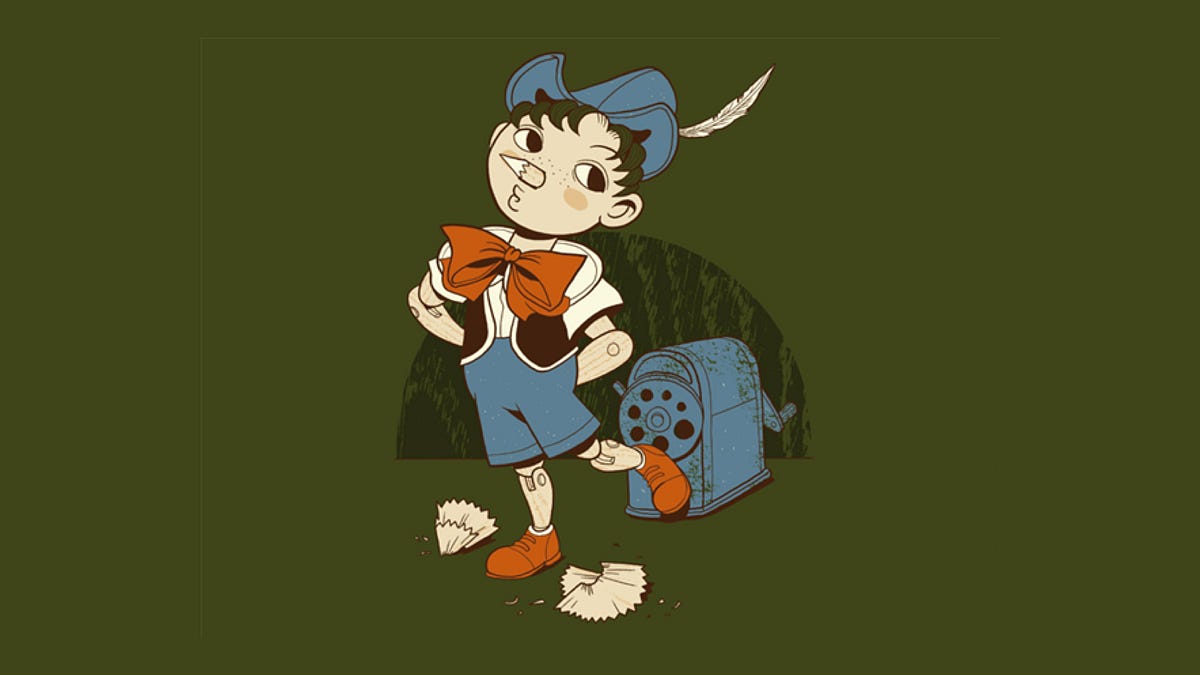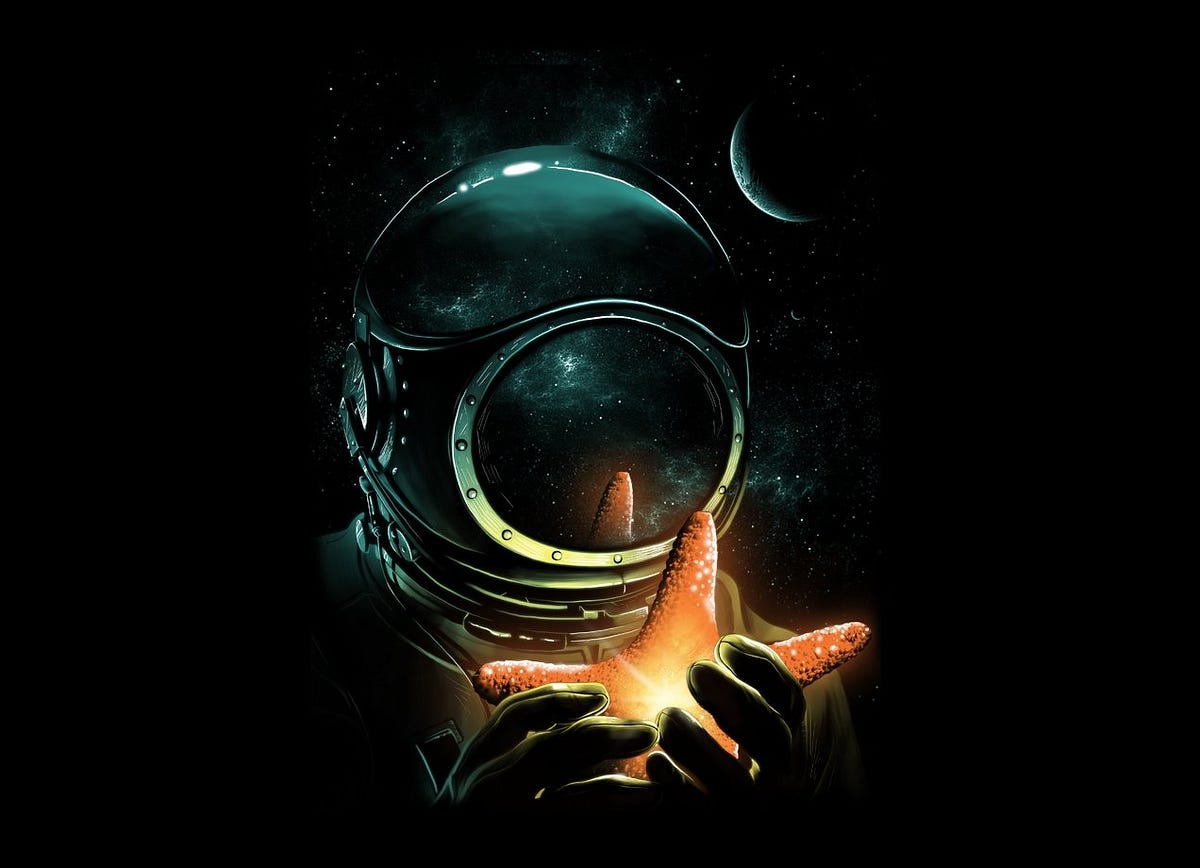
“The true test of a man’s character is what he does when no one is watching.” — John Wooden
One day, an old man was walking along a beach that was littered with thousands of starfish that had been washed ashore by the high tide. As he walked he came upon a young boy who was eagerly throwing the starfish back into the ocean, one by one.
Puzzled, the man looked at the boy and asked what he was doing. Without looking up from his task, the boy simply replied, “I’m saving these starfish, Sir”.
The old man chuckled aloud, “Son, there are thousands of starfish and only one of you. What difference can you make?”
The boy picked up a starfish, gently tossed it into the water and turning to the man, said, “I made a difference to that one!”
The Corporate Star Thrower
This short story, adapted from ‘The Star Thrower’ by Loren Eisley always reminds me of social businesses or business who give something back to the community such as we are seeing with the rise of b-corporations.
B Corps are for-profit companies certified by the nonprofit B Lab to meet rigorous standards of social and environmental performance, accountability, and transparency.
One has to admit that moving from a corporation who squeezes every penny of profit from their operations to one which gives back to the community must be a huge task. The challenge is that a company like this will have to announce to shareholders, we are now giving 10% of our profits back to the community and there will be inevitably uproar, bonuses will be challenged and something will have to give. It would be much easier to be a b corp from the inception of a business and this would be baked into the modus operandi.
In this context, one has to admire giants such as Nestlé who have restructured to become a b corporation. This means restructuring around the people, planet, and profit to deliver positive social, environmental, and financial outcomes.
The Citizen Star Thrower
When I was retiring from rugby, my wife and I were focussed on opening a chain of boutique baby clothing stores, which sold organic cotton baby clothes. We had seen these stores do well while we lived in London. We were certain that people would spend that bit extra because it is their precious baby. We had almost signed up and almost signed a lease when the 2008 recession hit and dodged a massive bullet in the process.
The bullet was not just the opening a business in the recession, it was assuming that people would pay that bit extra because the cotton was organic and sourced in an ethical and socially responsible way. We realised that we saw the stores do well not because the goods were “ethical”, but it was the status that buying such goods portrayed.
The reality was that babies grow extremely quickly and parents would not invest too much in a baby outfit that would last maybe 3–4 wears.
If we are to be really honest, there are very few people we know who truly buy products because of their social impact. We may buy the product because it tastes superior, but do most of us really buy for ethical reasons? Even if we know farmers were more fairly compensated by the brand we buy, does that impact our buying behaviour?
The Blockchain and The Star Thrower
Using Blockchain, Walmart can track the provenance of Mangos in 2 seconds. Using standard methods this would take almost 7 days. Investing in this may be great for Walmart from a time-saving perspective, but will Walmart see the difference in the bottom line, even if that bottom line is social or environmental?
We had Shane Reilly, co-founder of Moyee Coffee, the world’s first Fairchain coffee on this week’s innovation show. Moyee company uses the Blockchain to track every movement of their supply chain, you can even log in and see how much the farmer who grew your coffee beans was paid.
Such companies are relying on citizens who have enough disposable income to pay that bit extra. They also rely on people to actually care about doing their part of a Fairchain (or Fairtrade) process and actually favour socially responsible brands over others. This is often the biggest obstacle, many of us pay lip service to caring.
Here is where the Blockchain can provide a solution to the solution.
The Blockchain Championing The Star Thrower

As Blockchain evangelists and recent innovation show guest Vince Meens told us, in the future the Blockchain could hold all our data. It will be the ultimate transparent public encrypted ledger of all our activity — the activity we allow to be seen that is.
One of the biggest challenges with hiring is that everyone puts their best foot forward. People can be great interviewees, but not so good at their job.
In a world where more and more companies are making a shift to being more ethically and socially responsible, more and more companies are starting to formulate and live company values. How do they know that a candidate is telling the truth when they say they also live such values?
The Blockchain can be the answer. The Blockchain can “gently usher” us to a society where buying products from b-corps over other companies is a win-win. It is a win-win because it will be etched on our Blockchain records and these records may one day be called upon by a would-be employer.
If our values and our “record” does not comply with that of the company we may have to seek employment elsewhere.
In any case, wouldn’t be great to be able to say “I made a difference to that one!” ?
“Be more concerned with your character than your reputation, because your character is what you really are, while your reputation is merely what others think you are.” — John Wooden
A bit of a different Thursday Thought this week I know. It has been inspired by the brilliant recent guests of The Blockchain Series we have had on the innovation show. As always, the show is broadcast on RTÉ Radio 1 extra 3 times weekly and is on iTunes, TuneIn Stitcher Player FM and Google play. The website is here. Soundcloud is embedded below
Next, we look at GDPR.
Don Tapscott a leading Global authority on the impact of technology on business and society. He has authored over 15 books, including Wikinomics, The Digital Economy, Digital Capital, Growing up Digital, the Naked Corporation, Radical Openness and Blockchain Revolution We talk a little about Don and his ethos and how he has overcome adversity to change over the years and we look at the revolutionary potential of The Blockchain.
Nathan Waters is the founder of Peerism, a blockchain-based economic protocol which aims to solve job automation and wealth inequality via skill tokens, proof-of-skill and matching paid work to tokenized skill levels. He is a futurist, entrepreneur and social decentralist. He also founded and organises one of the largest Ethereum meetups in the world SydEthereum and the largest independent hackathon in Australia Hackagong.
Blockchain Evangelist Vince Meens tells us how Blockchain will act like a canvas to connect the World, like a giant brain. We discuss the many benefits of a connected World built on this new technology. Vince gives us a plethora of fantastic examples where we will see Blockchain realise its potential. We discuss the blockers to adoption, some possible routes of how to begin. We discuss accountability, transparency and trust and how the World of business will dramatically change. Fascinating listen, worth the time investment.
Shane Reilly is a co-founder of Moyee Coffee in Ireland with Killian Stokes.
Moyee Coffee is a social business supplying Ethiopian speciality coffee to offices, independent retailers and online subscribers since September 2016.
Their approach to changing the coffee industry is called FairChain, which is about leaving more value, profit and jobs in coffee-producing countries like Ethiopia.
Since the early November, Moyee has been running a pilot project in Ethiopia with blockchain pioneers bext360 to prove more than ever that coffee is capable of leading the way to a more honest, fairer society.
The first ‘block’ in the chain has already begun and you can follow real-time payments to Ethiopian farmers for their coffee cherries.
This is nothing less than a revolution and the start of a project that will bring an unprecedented level of transparency in a profoundly unfair industry.
The bext360 blockchain project will mean by next year all Moyee’s coffee will be fully blockchain-traceable from the washing station in Ethiopia to our retail and office customers in Europe.